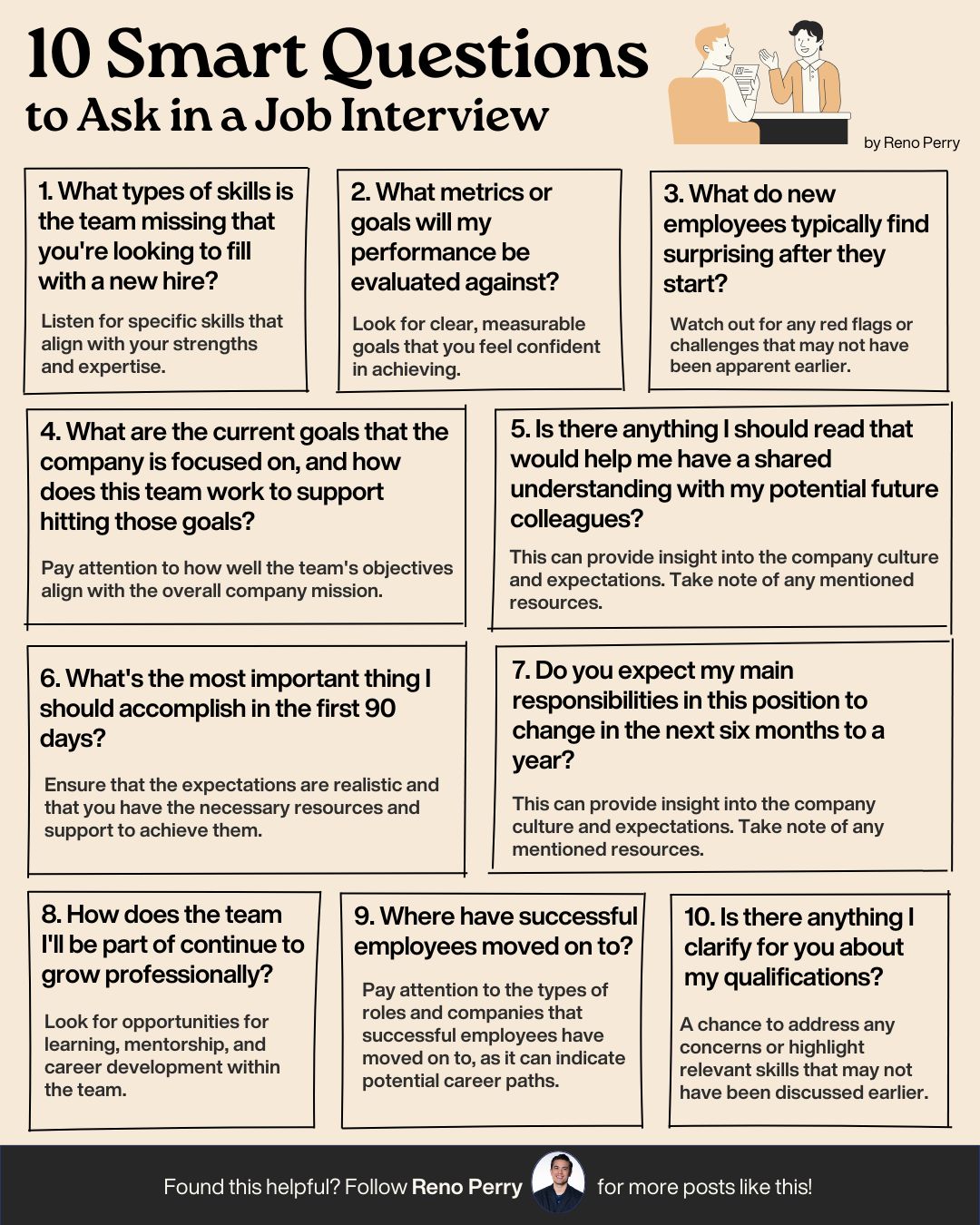Culture drives everything.
The late Tony Hsieh (former CEO of Zappos) said it best.
Company culture gets talked about a lot.
But good culture is hard to come by.
10 hard realities about company culture:
(that needs to be talked about more)
1. Culture starts at the top - Leadership sets the tone for values, priorities, and acceptable behaviors that trickle down through the organization. Cultural transformations require their commitment.
2. There will always be some disconnect - Even with strong, aligned leaders, variances in departmental and regional cultures are inevitable with scale. Minor disconnects are normal.
3. It evolves over time - Company culture isn't static. As strategies shift, the team diversifies, and new leaders emerge, some aspects of culture will change.
4. It impacts the employee experience - From engagement to retention to performance, studies show culture is tied to the employee experience.
5. It's revealed in times of crisis - When major events or challenges arise, you witness the true character and cultural fabric of a company.
6. It's a competitive advantage - Promoting a culture focused on shared values and healthy behaviors can attract better talent and customers.
7. It has hard costs and returns - Toxic cultures drive turnover. Positive cultures drive efficiency, innovation, and growth. Both affect the bottom line.
8. Systems and policies are culture too - Formal processes, guidelines, and even office layouts reinforce aspects of your culture, for better or worse.
9. It's difficult to truly change - Shifting behaviors and mentalities at scale is extremely hard, slow work. Quick culture resets rarely stick.
10. It's impossible to perfect - Even the best cultures have opportunities for improvement. The journey is constant.
Building culture is tough work.
And a long-term job.
But it translates to happier, more productive employees.
And better business for everyone.
Which of the realities above can you relate to?
Let me know.
--
♻ If this resonates, repost to your network.
And follow me for more content like this.
And if you want to build your culture with the best talent, give Wiseful a try: https://www.wiseful.co




